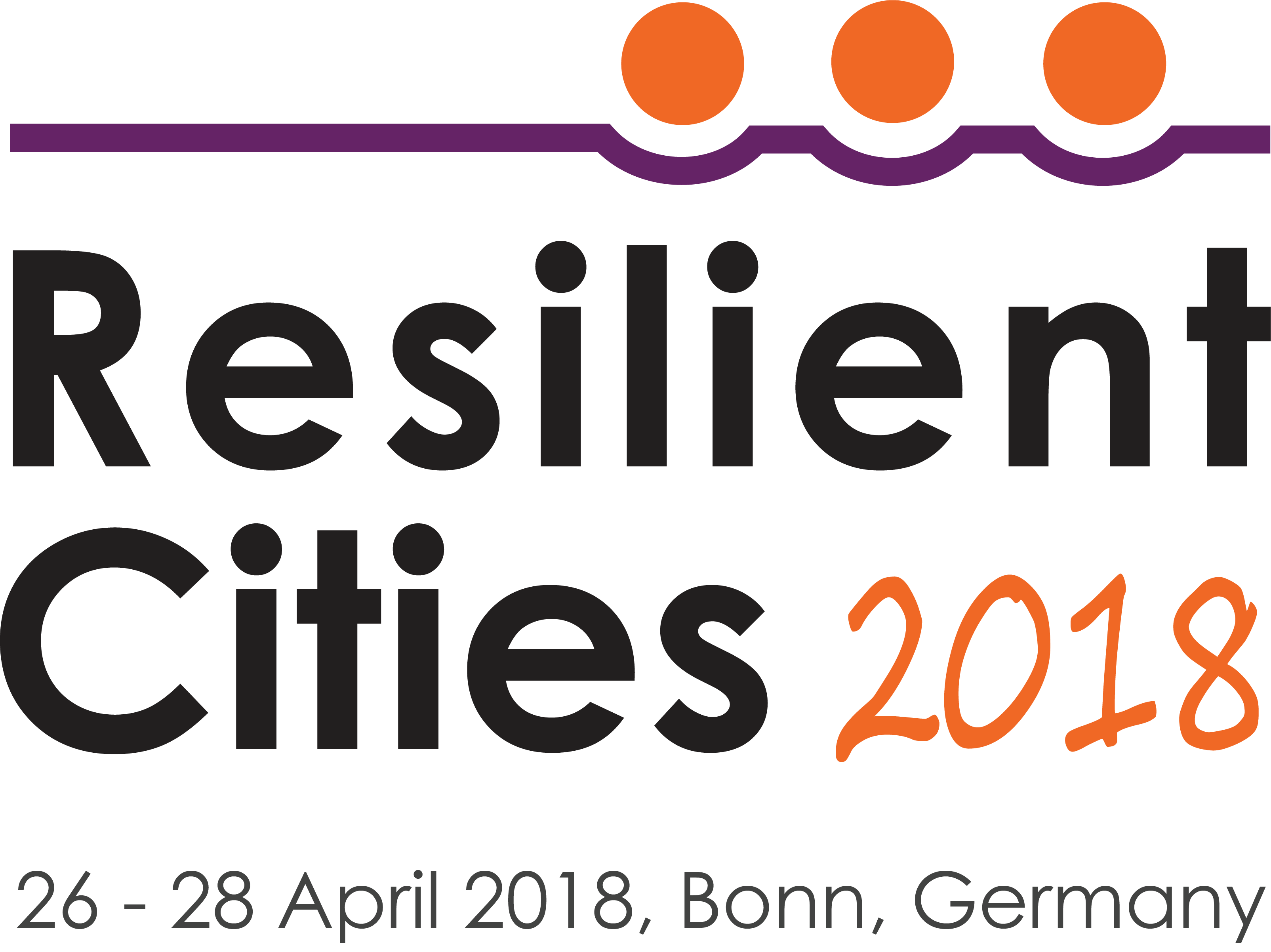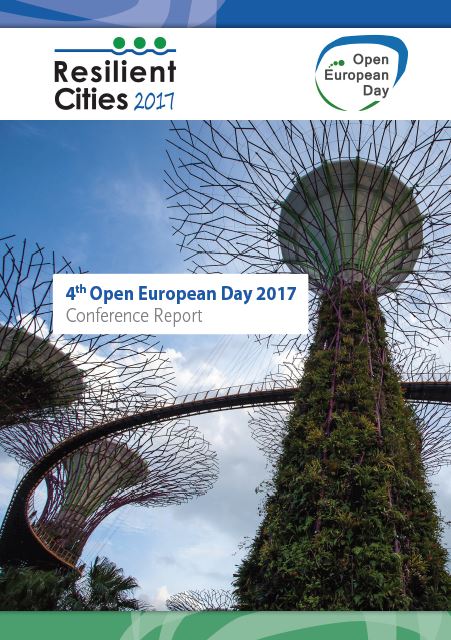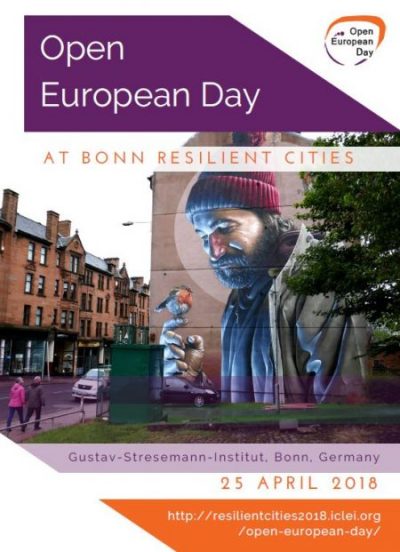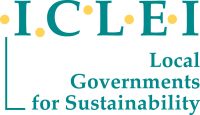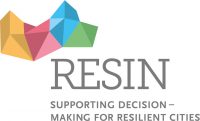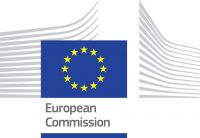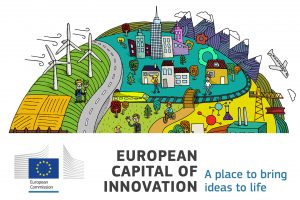Open European Day 2018
The program of the OED 2018 is online!
5th Open European Day at Bonn Resilient Cities 2018
– Where Cities Discuss Urban Resilience
Bonn – Germany, 25th April 2018
Open European Day will be held for the fifth edition back-to-back with the Bonn Resilient Cities conference on 25th April 2018. European cities and key adaptation voices from different institutions will converge at the 5th OED to exchange and debate on the most pressing issues around climate adaptation and urban resilience. Cities have lauded previous years’ editions as inspiring and informative, particularly due to the characteristic interactive format and emphasis on exchange and discussions: the OED is PowerPoint-free zone. Audiences of between 100 and 150 participants at previous editions have been primarily made up of cities and local governments at various stages of adaptation and resilience development, including some adaptation and climate experts and professionals.
Last year’s 4th edition focused on the broad climate adaptation topics of transformation, co-creation and innovation and introduced a new dynamic and lively OED Marketplace. The 5th Open European Day will continue to feature the successful OED Marketplace and as a new addition this year, will offer tailor-made training sessions on key themes like water and flood management, disaster risk management and planning, vulnerability assessment and financing instruments and methods for adaptation funding.
Open European Day 2017 Recap
This year’s sessions will focus even more on city-to-city exchange on local adaptation planning and will invite European cities of all sizes and regions to discuss their current adaptation and resilience efforts and participate in a variety of interactive panel discussions. Experienced front-runners and newcomer cities will present their challenges, while representatives of EU institutions, researchers and practitioners will collectively explore solutions and arising opportunities for city-to-city collaboration and debate.
The following are the main thematic streams of this year:
Incorporating Adaptation
Selecting and implementing the most appropriate adaptation options for local challenges is increasingly important, but even this does not go far enough to prevent the most destructive impacts and consequences of climate change. Cities and regions need to prioritize adaptation planning, use the latest technology and data for smarter decision-making and infuse holistic into every aspect of their work, for a future that is resilient and prepared for risk. Cities can use strength in numbers to communicate their needs for mainstreaming of adaptation into EU sectoral policies and funding instruments, so that they are equipped to translate policy into practice.
Collaborative Adaptation
Citizen engagement can reinforce cities’ and communities’ long-term adaptation capacity. Collaborative co-creation activities between practitioners, researchers and citizens can produce better adaptation results with potential for flexibility and longevity. The communication and information exchange that happens between diverse parties as part of co-creation has multiple side benefits reaching far beyond the environment and climate sectors. Participative governance approaches also help to create a sense of ownership and responsibility among citizens for their green and blue spaces.
Implementation and Monitoring
As well as clearly defining objectives and targets, an adaptation strategy must lay out a long-term process that goes beyond the reach of individual measures. Regular assessment is essential to monitor the effectiveness and efficiency of the actions and activities implemented and to inform adjustment and tailoring of measures to respond to the city’s changing needs. City adaptation strategies should be living documents under regular review, and communication goals should speak the same language as the citizens and groups to be reached.
